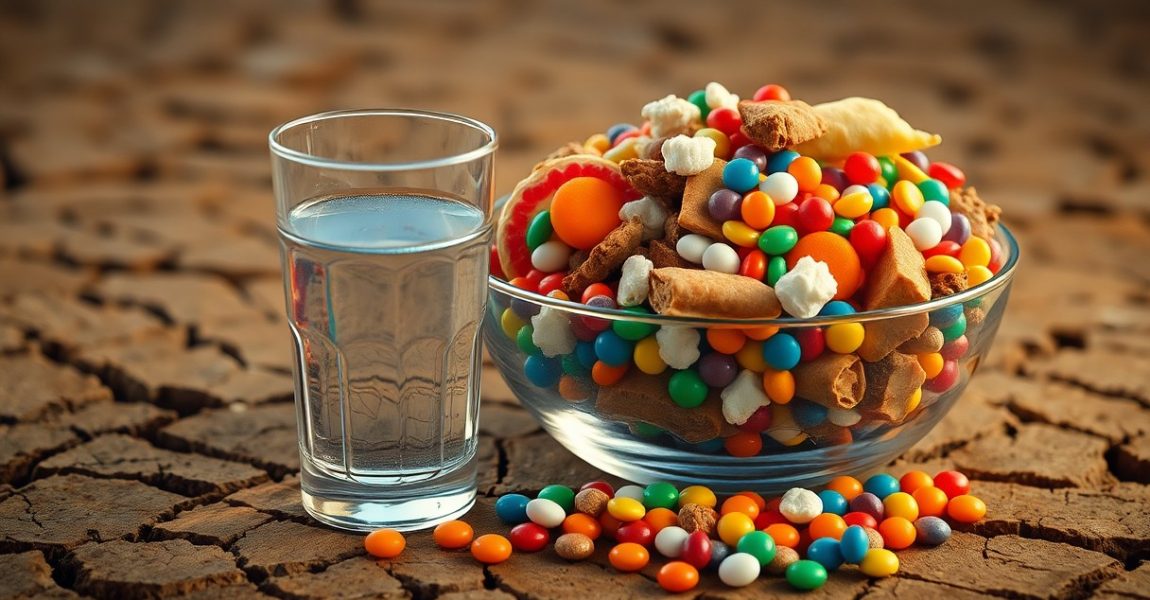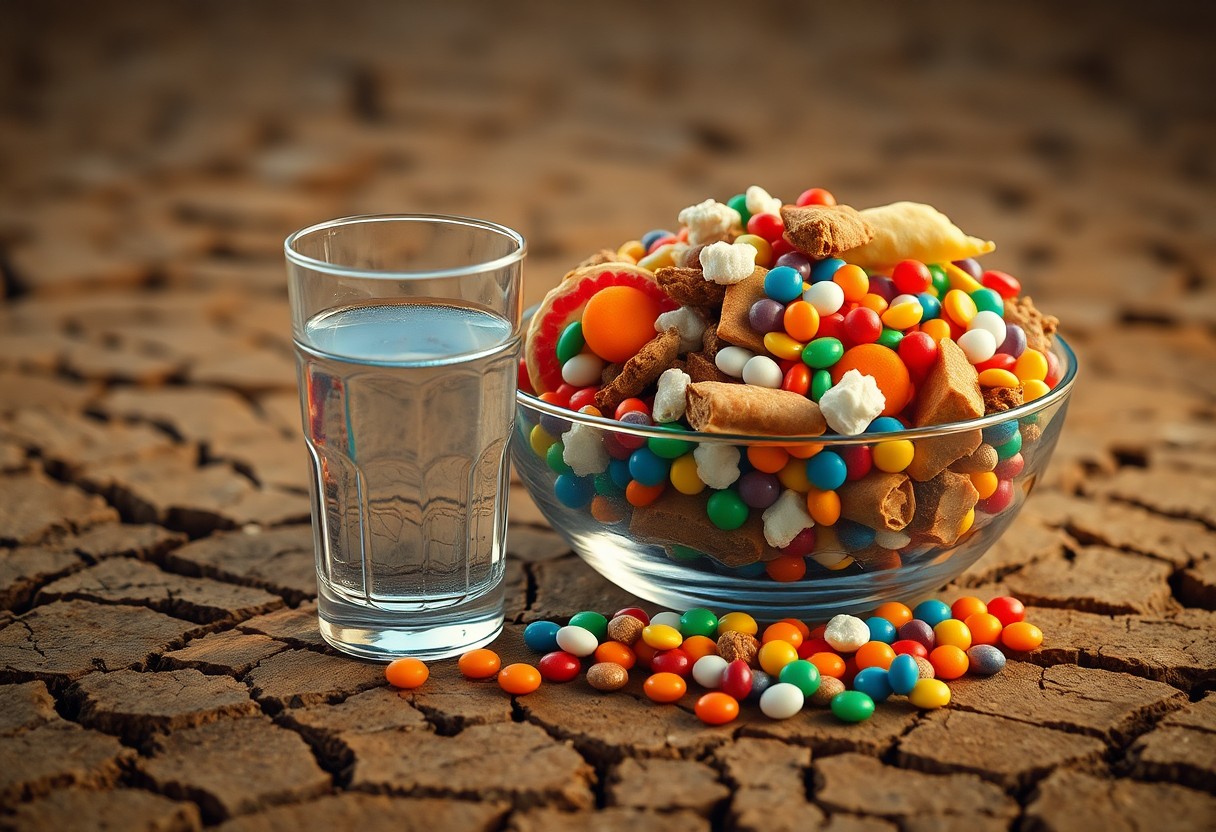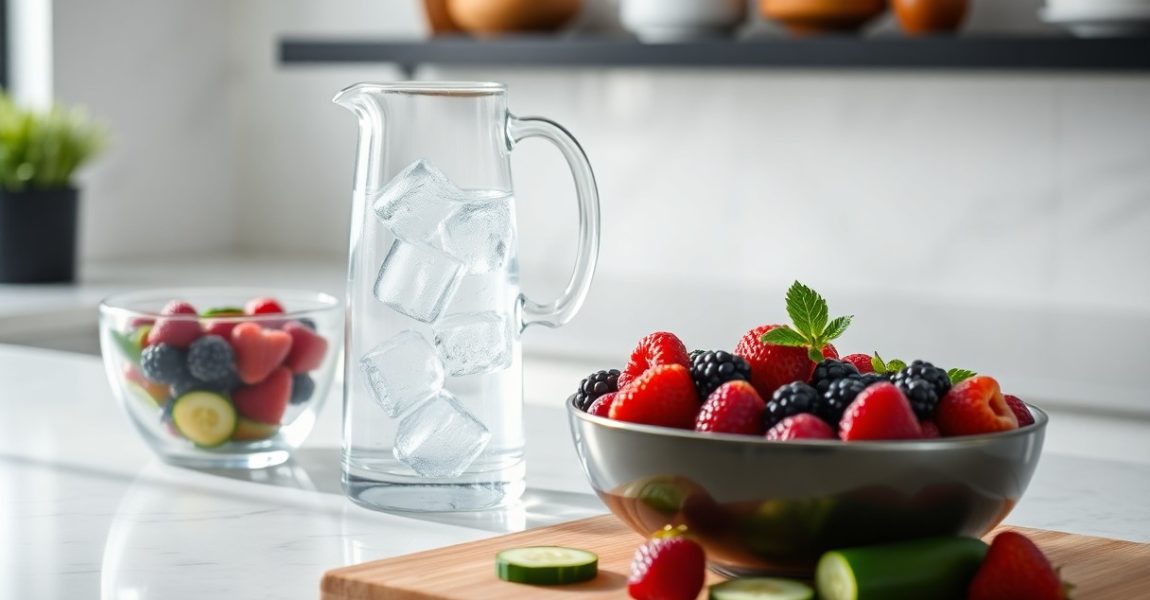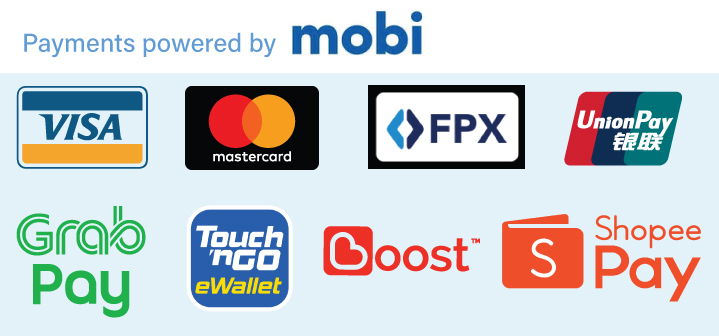
The Hidden Link Between Dehydration and Cravings for Sugar & Junk Food
The Unseen Consequences of Low Hydration
Low hydration doesn’t just lead to thirst; it disrupts the body’s ability to regulate blood sugar and energy balance. Studies reveal that even mild dehydration can reduce your energy metabolism by up to 10%, prompting your brain to misinterpret signals and trigger cravings for high-sugar, high-fat foods. This happens because your body mistakes thirst for hunger, directing you toward quick energy fixes that appear to restore balance but actually worsen dehydration and insulin response. Your hydration status affects hormones like ghrelin and leptin, which control appetite, making the struggle to resist junk food even more intense when you’re dehydrated. Beat sugar and junk food cravings naturally — stay hydrated with alkaline water to keep your body balanced and your appetite in check

The Biological Connection: How Dehydration Triggers Sugar Cravings
Your body’s response to dehydration can mistakenly send mixed signals to your brain, making you crave quick energy sources like sugar and junk food. As your hydration levels drop, your cells struggle to function efficiently, prompting the brain to look for a fast fix to maintain energy. This often translates into a heightened desire for sugary snacks and processed foods, which offer immediate calories but fail to address the underlying need: rehydrate. This biological confusion can perpetuate unhealthy eating habits that worsen dehydration and contribute to poor nutrition. Choose a 5-gallon alkaline water supply to stay fully hydrated, curb sugar cravings, and support healthier choices every day
The Role of Hormones in Hunger Signals
Dehydration disrupts the balance of hunger-regulating hormones such as ghrelin and leptin. When you’re dehydrated, ghrelin—the so-called hunger hormone—increases, signaling your brain that you need food, even if your body’s real issue is lack of water. Meanwhile, leptin levels drop, dulling the feeling of fullness. This hormonal imbalance fuels persistent hunger and sugar cravings, tricking you into eating more than you need and often choosing quick, carbohydrate-rich foods for instant relief.
Dehydration’s Impact on Blood Sugar Levels
Inadequate hydration affects your body’s ability to maintain stable blood glucose, leading to fluctuations that heighten cravings for sugary foods. When your blood sugar dips unexpectedly due to dehydration, your brain signals an urgent need for fast-acting carbohydrates. This can cause you to reach for sweets or junk food to rapidly raise blood glucose levels, but these choices often cause further instability, creating a vicious cycle of cravings and energy crashes.
Extended dehydration reduces plasma volume, resulting in concentrated blood glucose and impaired insulin response. Studies show that even mild dehydration decreases insulin sensitivity by up to 15%, making it harder for your cells to use glucose effectively. This triggers your pancreas to pump more insulin, which may lead to sharper blood sugar drops and stronger urges for sugary snacks. Understanding this physiological process can empower you to break the cycle by prioritizing hydration over quick fixes.
The Psychological Factors at Play: Thirst Misinterpreted as Hunger
Your brain often struggles to distinguish between thirst and hunger signals, leading to cravings for sugary or junk food. This confusion arises because both sensations activate similar neural pathways, leaving you reaching for a snack when your body actually needs hydration. Commonly, if you notice sudden and intense cravings, your body might be subtly asking for more water.
- Thirst-hunger confusion exacerbates overeating
- Dehydration impacts decision-making about food
- Recognizing true appetite can improve dietary choices
After recognizing this misinterpretation, you can prevent unnecessary calorie intake by simply drinking water.
Understanding Sensory Confusion in the Brain
Sensory inputs from your mouth and stomach send signals to the hypothalamus, which regulates both hunger and thirst. Because these signals share similar neural circuits, dehydration can easily be mistaken for hunger, especially with overlapping indicators like dry mouth or stomach sensations. Studies reveal that up to 40% of people misinterpret thirst cues, leading to increased intake of calorie-dense foods. Becoming aware of this overlap helps you pause and assess whether a glass of water, rather than a snack, satisfies your body’s real need.
Emotional Links Between Hydration and Food Choices
Emotions significantly influence your hydration status and food decisions. Stress and fatigue reduce sensitivity to thirst signals while amplifying cravings for comfort foods high in sugar and fat. When dehydrated, cortisol levels rise, intensifying these urges, and creating a vicious cycle where you reach for unhealthy snacks instead of water. After experiencing emotional dips, you might notice stronger impulses toward junk food driven more by emotional dehydration than physiological hunger.
Delving deeper into emotional hydration reveals that your body’s stress response can dampen thirst awareness, leaving emotional eating as a misguided coping mechanism. For example, experiments with stressed individuals show they consume 25% more sugary snacks if dehydrated, compared to well-hydrated peers. This indicates that psychological state and hydration status jointly affect your ability to make mindful, healthy food choices. Cultivating both emotional awareness and hydration habits can reduce your dependency on sugar-laden comfort foods.
The Vicious Cycle: Dehydration, Sugar Cravings, and Energy Levels
Dehydration can significantly disrupt your energy metabolism, leading to increased cravings for sugar and junk food as your body desperately seeks quick fuel. As your cells struggle to function efficiently without adequate water, your energy levels plummet, prompting your brain to signal for high-calorie, rapidly absorbable foods. This creates a vicious cycle where dehydration sparks unhealthy cravings, and indulging in sugary or processed foods further drains your energy reserves, leaving you feeling sluggish and perpetually thirsty, trapped in an exhausting loop.
How Sugar and Junk Food Exacerbate Dehydration
Sugary snacks and processed junk food contain high amounts of salt and sugar, which can intensify dehydration by increasing your body’s demand for water to process these substances. Consuming such foods stimulates insulin spikes that cause water to shift out of cells and into your bloodstream, making your body lose more water through urine. Elevated sodium levels also cause fluid retention initially but ultimately promote dehydration. This combination not only deepens your thirst but also hampers proper hydration, making it harder for you to break free from the dehydration-sugar craving cycle.
The Short-Term Relief vs. Long-Term Consequences
Consuming sugar-rich snacks can momentarily boost your mood and energy due to rapid glucose absorption, tricking your body into feeling temporarily revitalized. However, this relief is fleeting, often followed by a sharp energy crash that magnifies fatigue and dehydration symptoms. Over time, recurring consumption of these foods worsens metabolic imbalances and fluid retention problems, promoting chronic dehydration and making you increasingly dependent on these harmful foods for perceived energy boosts.
These repeated energy crashes lead to a steady decline in your metabolic health, with chronic dehydration reducing your cells’ ability to produce ATP efficiently—the molecule responsible for energy. You may find your body’s stress response increases cortisol levels, which drives further sugar cravings, perpetuating a damaging cycle. Studies show that individuals who consume excessive sugary foods report increased daytime fatigue and decreased cognitive function, underscoring the long-term toll this short-term relief exacts. Breaking this pattern requires attentive hydration and avoiding quick-fix sugary foods that ultimately compromise your energy and well-being.
Practical Strategies to Break the Cycle
To disrupt the cycle of dehydration triggering sugar cravings, focus on replacing sugary snacks with healthier alternatives and increasing your water intake. Keep a water bottle handy and opt for naturally sweet fruits if cravings hit, reducing junk food temptations. You can explore Three Easy Ways to Reduce Sugar Cravings • Health Blog for tailored tips that support sustained changes in your diet and hydration habits. This approach eases withdrawal and improves your energy levels, enhancing overall well-being.
Hydration Tips to Curb Sugar Cravings
Address dehydration by setting small, achievable water goals throughout your day. Drinking water before meals can reduce your likelihood of mistaking thirst for hunger, significantly lowering junk food intake. Incorporate herbal teas or infused water with lemon or cucumber to boost flavor without extra sugar.
- Carry a reusable water bottle
- Use apps to track hydration
- Replace one sugary drink daily with water
This recalibration helps suppress unnecessary sugar cravings effectively.
Integrating Hydration into Your Daily Routine
Making hydration a seamless part of daily life involves structuring it around your regular activities. Tie water drinking to established habits, like having a glass upon waking, before each meal, and during breaks. Consider setting hourly reminders or using hydration tracking gadgets that alert you when it’s time to drink. This boosts your consistency, keeping dehydration—and related junk food urges—at bay.
Tried-and-tested methods to embed hydration include preparing water bottles the night before, choosing smart containers that track intake, and replacing coffee or sugary beverages with water-based options. Keeping water visible on your desk or counter serves as a constant prompt to sip regularly. This not only prevents dehydration but also curbs the triggers that provoke snacks high in sugar and unhealthy fats throughout the day.
Future Insights: Rethinking Diet Through the Lens of Hydration
As you refine your approach to nutrition, integrating hydration as a foundational element can reshape how you address cravings and dietary choices. A deeper understanding of your body’s hydration status offers a new dimension in managing sugar and junk food urges, emphasizing prevention rather than reaction. This perspective encourages a holistic view that links fluid intake with metabolic signals, potentially reducing the reliance on restrictive dieting and enhancing overall well-being.
The Potential of Hydration-Focused Nutritional Guidelines
Nutritional guidelines traditionally prioritize macronutrient and calorie intake, but emerging models advocate for hydration’s role in these frameworks. You may soon find recommended daily water intakes personalized based on activity, climate, and metabolic needs, aligning fluid consumption directly with appetite regulation. This shift could help decrease excessive sugar cravings, supported by evidence linking optimal hydration to balanced hormone levels like ghrelin and leptin, which govern hunger and satiety.
Emerging Research on Hydration and Craving Control
Recent studies reveal that maintaining adequate hydration can significantly influence your brain’s reward systems, dampening the desire for high-sugar foods by regulating dopamine pathways. For example, a 2023 clinical trial found that participants increasing water intake by 1.5 liters daily reduced their consumption of sugary snacks by 30% over six weeks, highlighting hydration’s potential in craving management strategies.
Delving deeper, research underscores how even mild dehydration triggers stress responses that exacerbate dopamine-driven cravings, creating a feedback loop where thirst is mistaken for hunger, particularly for sweet and high-fat foods. Neuroimaging studies show decreased activity in the prefrontal cortex during dehydration states, impairing your decision-making ability to resist junk food. By optimizing hydration, you can enhance cognitive control mechanisms and stabilize blood sugar fluctuations, effectively reducing impulsive eating episodes linked to dehydration-induced cravings.
FAQ
Q: How does dehydration affect cravings for sugar and junk food?
A: When the body is dehydrated, it often sends signals that can be misinterpreted as hunger, leading to increased cravings, especially for high-sugar and high-fat foods. This happens because the body is seeking quick energy sources, which sugar and junk food provide, to compensate for the stress caused by insufficient water levels.
Q: Can drinking more water reduce cravings for unhealthy snacks?
A: Yes, increasing water intake can help minimize cravings for sugar and junk food. Staying well-hydrated supports proper bodily functions and can reduce false hunger signals. Sometimes what feels like a food craving is actually a sign of mild dehydration, so drinking water before reaching for a snack may help curb unnecessary eating.
Q: Why might the brain confuse thirst with hunger?
A: The brain uses similar regions to signal both thirst and hunger, and when dehydrated, the body may misinterpret thirst cues as hunger. This miscommunication leads individuals to consume food, particularly energy-dense options, thinking they need to satisfy hunger rather than rehydrating.
Q: Are certain foods more likely to be craved during dehydration?
A: Yes, foods that are high in sugar and fats are commonly craved during dehydration. These items provide rapid energy boosts, which the body mistakenly seeks when lacking fluids, even though they do not address the need for hydration and may worsen dehydration.
Q: What strategies can help manage cravings linked to dehydration?
A: To manage cravings related to dehydration, it is helpful to maintain consistent hydration by drinking water regularly throughout the day. Additionally, opting for nutrient-rich snacks with balanced electrolytes instead of sugary or fatty junk foods can satisfy hunger cues while supporting hydration. Monitoring thirst levels before eating and prioritizing water intake during snack times are effective approaches.

